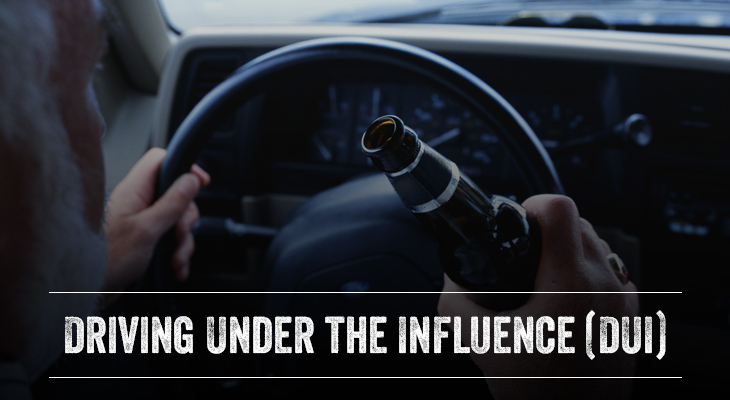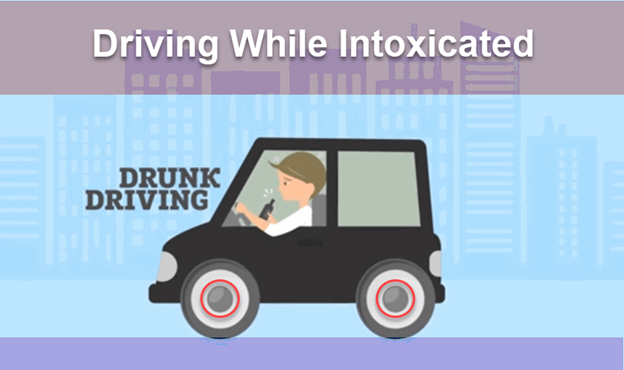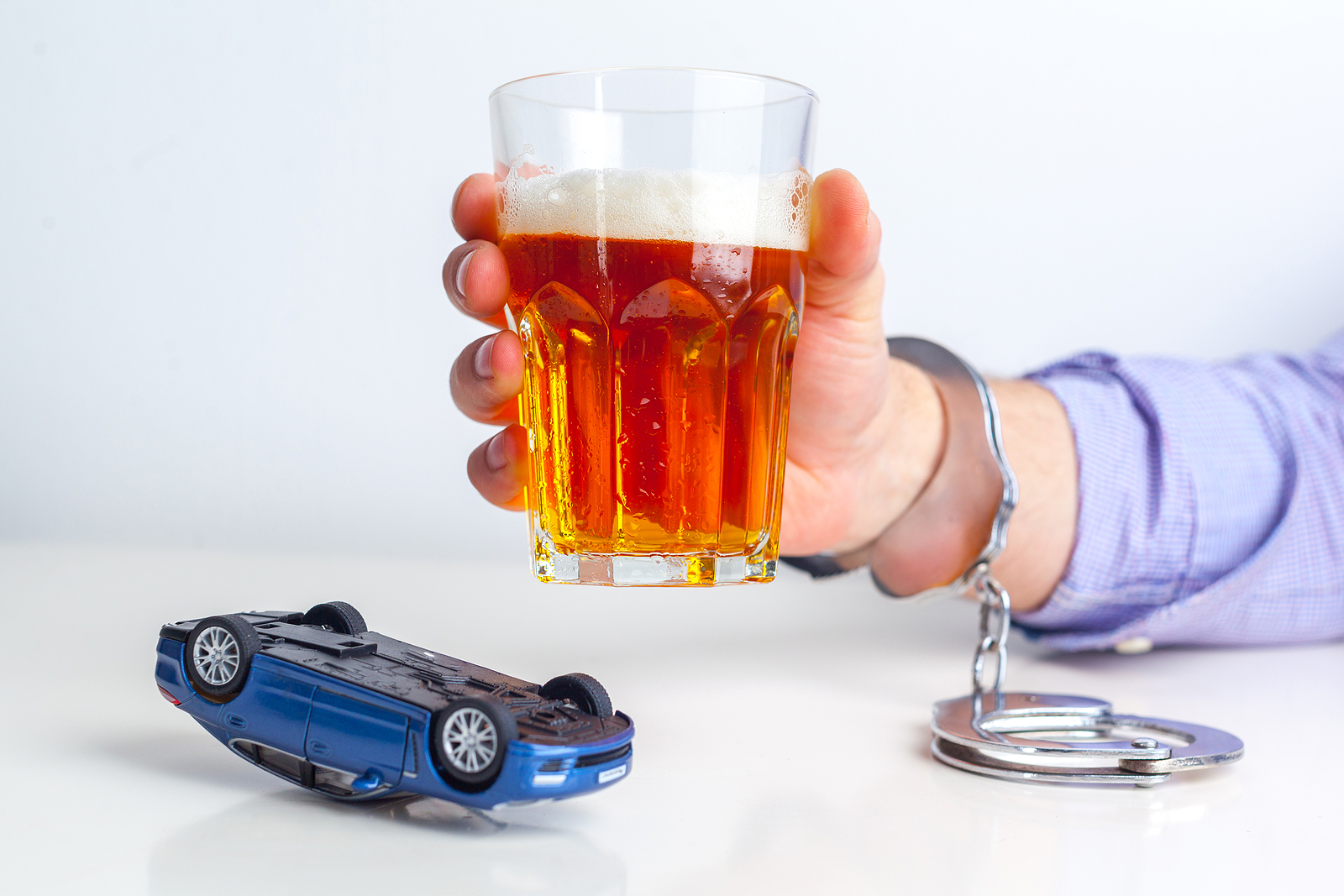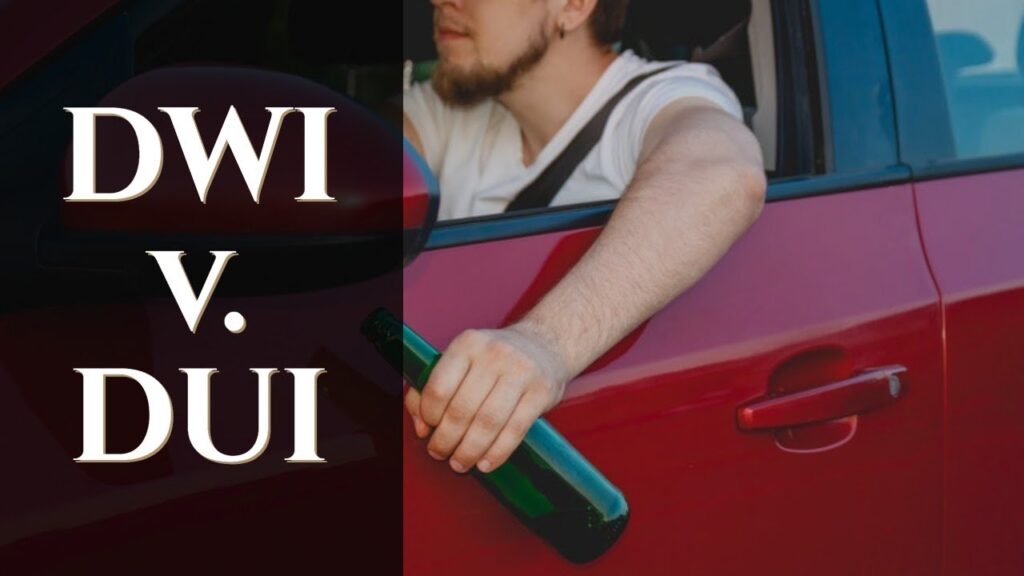If you’re pulled over and charged with drunk driving, one of the first questions you’re likely to ask is: what is the difference between DUI and DWI? It’s a common question—and a crucial one. Whether you’re facing charges, helping a loved one navigate the legal process, or just trying to understand your rights, knowing the difference between DUI and DWI could be the key to your defense and future.
In this guide, we’ll explain the legal distinctions between DUI and DWI, how they’re used in different states, and what the real-life consequences look like. Through real stories and plain-English breakdowns, you’ll walk away with a clear understanding of what these terms mean and how they affect people every day.
Let’s start with the basics, then we’ll dig deeper into the nuances that courts, lawyers, and law enforcement take very seriously.
What Is the Difference Between DUI and DWI?
When asking what is the difference between DUI and DWI, it’s important to understand that the answer changes depending on the state you’re in. While both charges relate to impaired driving, they’re not always interchangeable—and in some places, one is more serious than the other.
DUI: Driving Under the Influence
DUI stands for Driving Under the Influence, typically meaning a person is operating a vehicle while impaired by alcohol, prescription drugs, illegal substances, or any combination of those. The impairment doesn’t always have to reach a certain level of intoxication like 0.08% BAC (Blood Alcohol Concentration). In many states, if a police officer believes your physical or mental faculties are impaired—even slightly—you can be arrested and charged with DUI.

DWI: Driving While Intoxicated or Impaired
DWI usually stands for Driving While Intoxicated or Driving While Impaired—depending on the state. It tends to imply a higher degree of impairment, often tied to reaching a certain BAC threshold, typically 0.08% or above. In some jurisdictions, DWI is considered the more severe offense between the two.

Legal Distinctions by State
Here’s where it gets complicated. What is the difference between DUI and DWI? That depends on geography:
- In Texas, DWI is used for adults driving with a BAC of 0.08% or higher. DUI, however, is typically used for minors (under 21) caught with any detectable amount of alcohol.
- In New York, DWI is the more serious charge, while DUI is considered a general term or a lower-level offense like DWAI (Driving While Ability Impaired).
- In California, the law typically uses DUI to cover all impaired driving situations, regardless of the substance.
Understanding the state-specific language is crucial. What might be a DUI in one place is a DWI in another—and the difference can dramatically affect sentencing, license suspension, and long-term consequences.
Real-World Story: One Traffic Stop, Two Different Outcomes
Let’s talk about Brian and Kevin—two friends from different states who got pulled over after a night out. Brian lives in Texas; Kevin in California.
Both men had two drinks and felt fine to drive. But when stopped, breath tests showed they were just over the legal limit.
- Brian was charged with a DWI in Texas, a Class B misdemeanor. He faced potential jail time, fines, and a license suspension.
- Kevin, in California, received a DUI charge for the same offense. While also serious, California law allowed him to enter a first-offender program that reduced some penalties.
Both broke the law, but the way their states classified and punished the offense was different. This is why understanding what is the difference between DUI and DWI matters so much—it can change your entire legal strategy.
BAC Levels and How They Affect DUI vs. DWI Charges
Most states set the legal limit at 0.08% BAC for adults. But the charges you face depend on how much you exceed that limit and what kind of impairment the officer observes.
DUI Without High BAC?
Yes. In some states, you can be charged with DUI even if your BAC is below 0.08%, as long as you show signs of impairment. Slurred speech, glassy eyes, or failing a field sobriety test could be enough.
Elevated BAC and DWI Charges
Some jurisdictions automatically elevate charges to DWI if your BAC is 0.15% or higher, triggering enhanced penalties. In other words, the more intoxicated you are, the more likely you’ll face a DWI instead of a DUI.
Zero-Tolerance for Minors
Minors often face stricter rules. In many states, any amount of alcohol in a driver under 21 results in a DUI, even with a BAC of 0.01%.
So, while what is the difference between DUI and DWI might come down to a few letters, the legal implications based on your BAC are massive.
First Offense vs. Repeat Offenders: How the Charges Escalate
Your history matters just as much as your BAC.
First-Time Offender?
Most first-time offenders may be eligible for alternative sentencing—like probation, education classes, or community service. However, some states don’t differentiate between DUI and DWI for sentencing. Others impose harsher penalties for DWI right out of the gate.

Multiple Offenses?
If you have prior convictions, the charge escalates:
- Second offense: Longer license suspension, mandatory jail time.
- Third or more: Often classified as a felony, with prison time and lifelong criminal records.
So again, the question what is the difference between DUI and DWI isn’t just about terminology—it’s about severity, context, and your criminal history.
DUI vs. DWI: Penalties and Legal Consequences
Let’s look at some of the most common consequences, keeping in mind that these vary widely by state and by the charge itself.
Common Penalties for DUI:
- Fines from $500 to $2,000
- Up to 6 months in jail
- Driver’s license suspension
- Alcohol education programs
- Increased insurance rates
Common Penalties for DWI:
- Higher fines (often over $2,000)
- Mandatory jail time, even for first offenses in some states
- Ignition interlock device installation
- Longer license suspensions
- Felony classification for repeat offenses or if injury occurred
In short, DWI penaltiesare often more severe, especially where the law distinguishes between DUI and DWI in levels of impairment.

Impact on Your Driving Record and Future
One of the most overlooked consequences of both DUI and DWI is how long they stay on your driving and criminal record.
- In many states, a DUI or DWI stays on your record for 10 years or more.
- A felony DWI may never go away—it can follow you for life.
- These charges can prevent you from getting jobs, professional licenses, or even loans.
It also affects insurance. Your rates may double or triple after a conviction, and some providers may drop you altogether.
So if you’re still asking what is the difference between DUI and DWI, think beyond just the courtroom—think long-term impact.
Can You Get Either Charge Expunged?
Some states allow expungement or sealing of DUI or DWI records—especially for first-time offenses. However:
- Felony charges are much harder to expunge.
- You may need to wait years after completing all probation or jail time.
- An attorney is often required to file correctly.
If you’re considering long-term recovery from a conviction, understanding the difference and the legal remedies available to each charge is essential.
Defensive Strategies: Fighting a DUI or DWI
Whether you’re facing a DUI or DWI, your defense begins the moment you’re pulled over.
Common Defense Tactics Include:
- Challenging the validity of the traffic stop
- Questioning the accuracy of the breathalyzer or blood test
- Arguing improper field sobriety test administration
- Raising constitutional concerns (e.g., unlawful search)
- Showing procedural errors in arrest or booking
Attorneys often approach DUI and DWI charges differently, so knowing what is the difference between DUI and DWI helps build the right strategy from day one.
Real-Life Story: The Impact of a Label
Rachel, a 27-year-old teacher in New York, was arrested for impaired driving after using a prescription anxiety medication. Her BAC was below 0.08%, but her coordination was off, and the officer arrested her for impaired driving.
Because New York law uses DWAI (Driving While Ability Impaired), a lesser charge than DWI, her case didn’t escalate to a felony. She completed a diversion program, kept her license, and returned to work after a few tense months.
Had she been in a different state—or if her charge was elevated to DWI—the outcome could have been far worse. This story underlines just how important it is to understand your jurisdiction’s definitions when asking what is the difference between DUI and DWI.
Final Thoughts: What Is the Difference Between DUI and DWI?
So, what is the difference between DUI and DWI? In short:
- The terms DUI and DWI both refer to impaired driving, but DWI often implies a higher level of intoxication.
- Laws vary widely by state, so the meaning of each term depends on where you’re charged.
- Penalties differ—DWI usually carries steeper consequences, including longer jail time and higher fines.
- The distinction can impact your defense, record, and future opportunities.
Whether you’re fighting a charge, trying to help someone else, or simply educating yourself, knowing the difference isn’t just helpful—it’s essential.
Before you make any assumptions, consult with a local attorney who knows your state’s DUI and DWI laws. One conversation can clarify your legal status, your options, and the best way forward.

